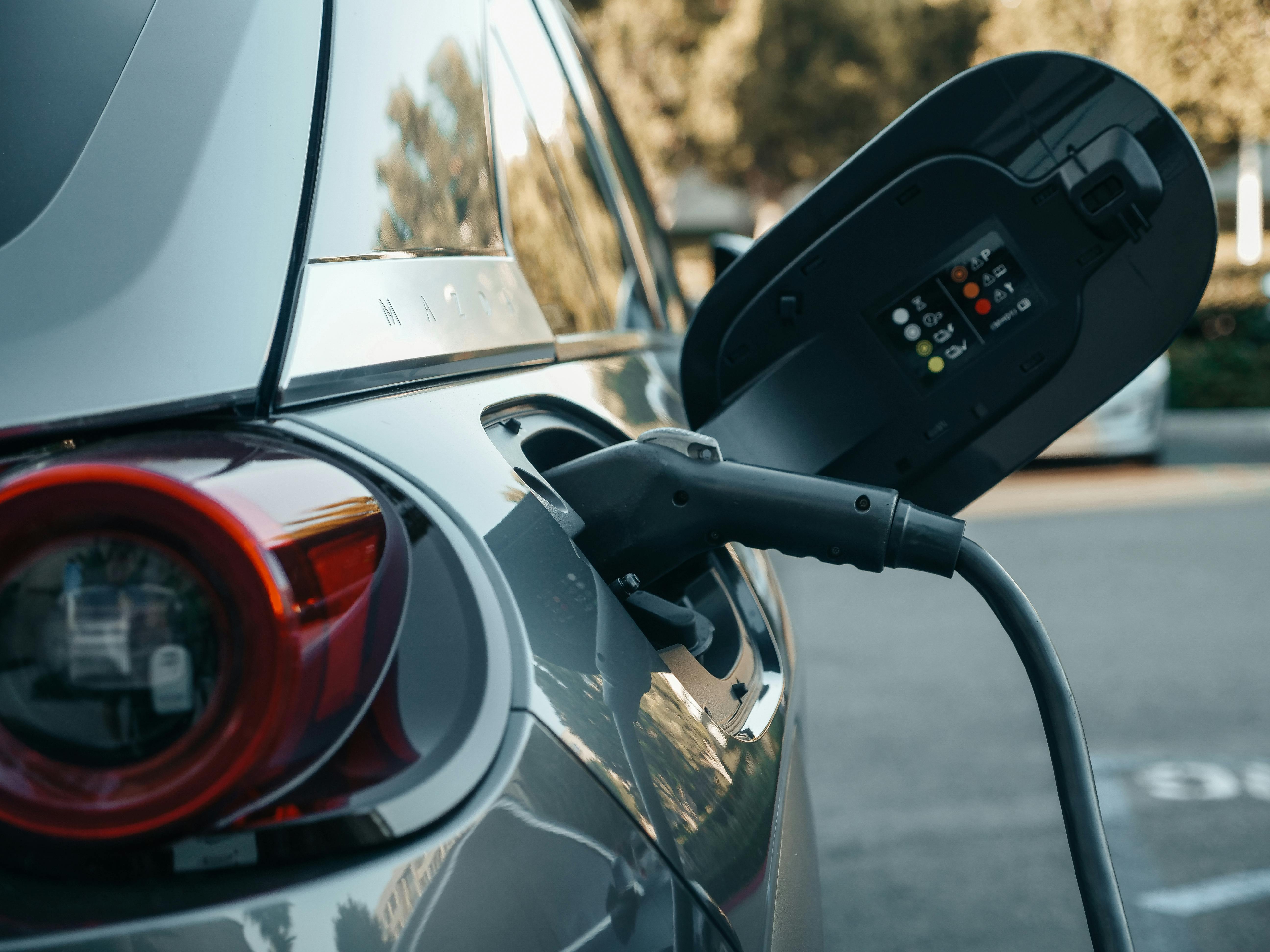
Understanding the Service Requirements for Electric Vehicles: AutoDice.com's Comprehensive Guide
As the automotive industry embraces the electric revolution, understanding the unique service requirements of electric vehicles (EVs) is essential for both current and prospective EV owners. At AutoDice, we're here to guide you through the nuances of EV maintenance to ensure your vehicle runs smoothly for years to come. Oh, and you can find all the makes and more on AutoDice
The Basics of EV Maintenance
While traditional internal combustion engine (ICE) vehicles require regular oil changes, spark plug replacements, and exhaust system checks, EVs have fewer moving parts, which simplifies their maintenance. However, this doesn't mean EVs are maintenance-free. Key components like the battery, electric motor, and cooling systems require regular attention.
Battery Health and Maintenance
The battery pack is the heart of any EV, making its maintenance crucial. Here are some tips to keep your EV's battery in optimal condition:
Regular Software Updates: Manufacturers like Tesla and Nissan release software updates that enhance battery performance and longevity. Ensure your EV is always running the latest software.
Temperature Management: Extreme temperatures can affect battery life. Many EVs, including the Chevrolet Bolt and Ford Mustang Mach-E, come with thermal management systems to maintain optimal battery temperature. It's essential to follow manufacturer guidelines on temperature exposure.
Charging Practices: Avoid frequent fast-charging sessions as they can degrade the battery over time. Opt for regular home charging with a Level 2 charger for daily use.
Tire Maintenance
EVs are heavier than their ICE counterparts due to the battery pack, leading to increased tire wear. Regular tire rotation, alignment, and ensuring proper tire pressure are vital to maintain efficiency and safety. Brands like Michelin and Continental offer specialized tires designed to handle the unique demands of EVs.
Brake System Maintenance
EVs utilize regenerative braking, which not only extends the life of brake pads but also improves energy efficiency. However, regular brake inspections are still necessary to ensure the system is functioning correctly. Keep an eye out for signs of wear and tear and address any issues promptly.
Cooling System Check-Ups
The cooling system in an EV, which regulates the temperature of the battery and other components, requires periodic maintenance. Ensuring the coolant levels are adequate and the system is free from leaks is crucial for the longevity of your EV. Regular check-ups, as recommended by manufacturers like BMW and Audi, are essential.
Software and Electrical Systems
EVs are highly dependent on software and electrical systems for their operation. Regular diagnostic checks and software updates can prevent potential issues. Services like those offered by Rivian and Lucid Motors provide remote diagnostics and over-the-air updates to keep your vehicle running smoothly.
Scheduled Service Intervals
Each EV manufacturer provides a recommended service schedule. Following this schedule is key to maintaining your vehicle's performance and warranty. For example, Hyundai recommends an annual inspection for the Kona Electric, focusing on critical components like the battery, motor, and brakes.
Preparing for Long-Term Ownership
As EVs age, their maintenance needs may evolve. Keeping detailed service records and staying informed about the latest advancements in EV technology can help you manage your vehicle's upkeep effectively. AutoDice offers a wealth of resources and a community of EV owners to support you throughout your ownership journey.
We just discussed a lot, but remember AutoDice aims to empower you with the knowledge to keep your EV in top shape. Whether you're a seasoned EV owner or looking to take the leap, understanding these service requirements will ensure you get the most out of your electric vehicle for the long haul.


Comments